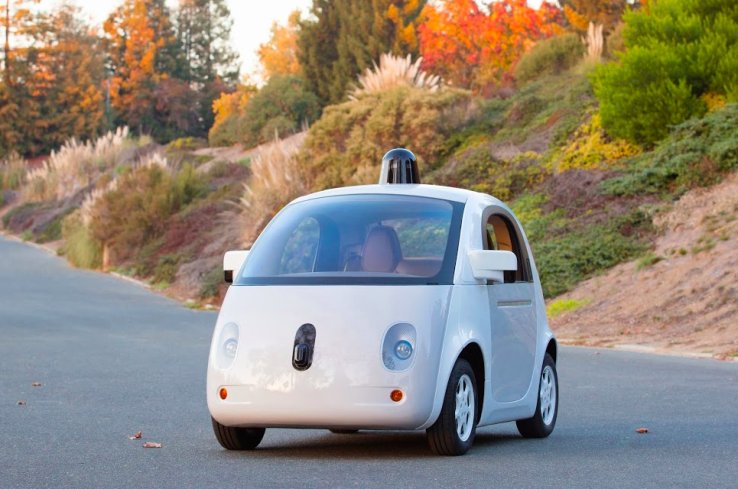"In the next five years, you will see someone launching a self-driving car," Ford CEO Mark Fields said at a small dinner for the press and analysts at CES. The statement was confirmed (only in very clear areas, good weather, etc.), but this is one of the few statements that took a week to stand out in the fog of war during CES.
For many years, driverless cars have appeared at least a decade away from the market. If the infamous conservative car industry believes we are only five years away from people selling self-driving cars, then we may be closer than they expected.
Now every major automaker will make a pilgrimage to Vegas in January to show Samsung, Toshiba and thousands of Chinese iPhone case makers their latest progress-if they all want to talk about a topic, that's it Self. Driving a car. Not just car makers, but chip makers. Most of Nvidia's keynotes have brought us a rather boring lecture on how its latest advances in new chips and deep learning will make self-driving cars using only cameras instead of expensive sensors a reality (most cars Industry experts still think other sensors are absolutely absolute) (by the way). All its hype on the stage is for cars, and its booth features three sports cars. Qualcomm is not too focused on cars, but it has announced many concept cars using its chips. Intel talked about autonomy in drones, but there is no doubt that Intel also hopes to use its sensors in cars.
Google obviously wants to play a role in this business like Tesla, but despite all the publicity surrounding their projects, Detroit (and Wolfsburg and Munich and Stuttgart and Toyota) may have brought them to market. All of them are now testing some kind of self-driving car. Audi even used a self-driving car to drive five reporters from Los Angeles to Las Vegas (only Audi prefers to call it a "test drive", maybe because you can't start branding future technologies too soon). Ford says there are self-driving cars on the road, as do everyone else.
Five years are short, but many open questions about autonomous driving still need to be answered. Who can go wrong when a self-driving car collides? How do you avoid the driver's negligence and how (when) best to give control to them? How to prevent driver motion sickness? Will driving still be fun? In the long run, for automakers, autonomous vehicles will likely change our relationship with cars and make us more dependent on car-sharing services. If this happens, they will sell fewer cars (but for now, the growth is still good, especially in Asia, so they don't seem to be too worried).
However, there are other issues. Since self-driving cars will most likely have to rely on highly detailed maps, drivers must maintain an ongoing relationship with the manufacturer in order to get regular updates for them. Does this mean that we as drivers will have to subscribe to these maps? Will automakers come together to share map data?
Before we sit in the driver's seat to watch the scenery, there are still many regulatory obstacles to be overcome, and more and more complex smart sensors and computers will handle driving for us. Everyone I spoke to at CES was convinced that nothing that hindered the development of autonomous vehicles would become technology.
However, existing U.S. automakers may not be the first to bring self-driving cars to market. A Ford representative told me sometime during the week: "Maybe it was the first person who entered the market, not the last person to have an accident, which is much less." After all, in a lawsuit society like the United States, there are several major The accident will set the industry back several years. Consumers can only buy these cars after they are absolutely sure of their safety, and since all drivers consider themselves great drivers, self-driving cars must have better performance.
Therefore, in the next few years, cars are expected to gradually gain more autonomous functions. Adaptive cruise control will evolve into a feature to drive your car automatically in traffic jams. When driving along a highway, the lane keeping alert will become a real lane keeping. Auxiliary parking will become fully automatic. Over time, all these advances, and many others, will accumulate. It is hoped that this slow burn will help regulators to follow up and develop a framework to incorporate self-driving cars into regular traffic.
Then, as a final step, we may see highways and parts of cities where manual driving will be banned because humans are too unpredictable and inefficient.
